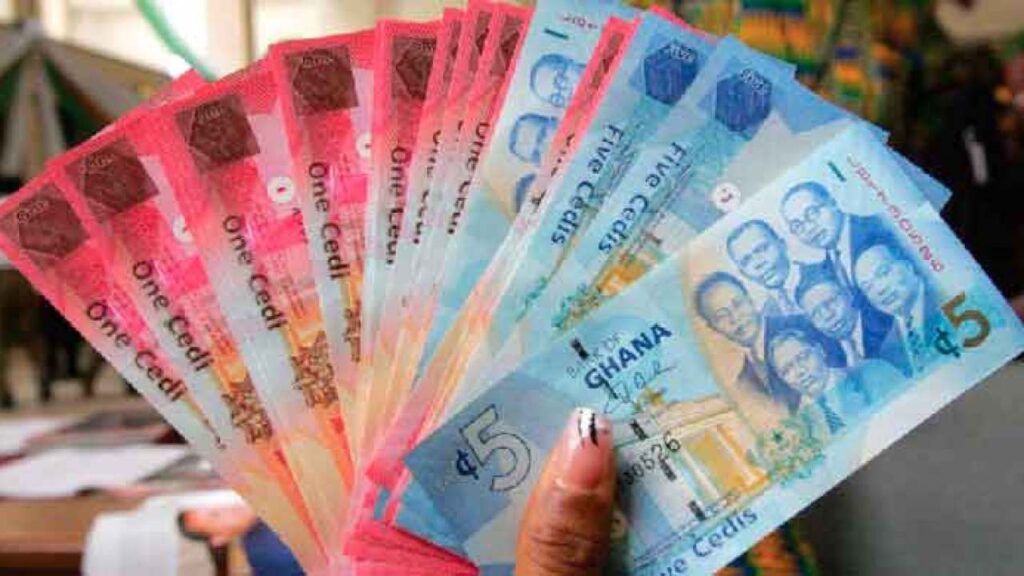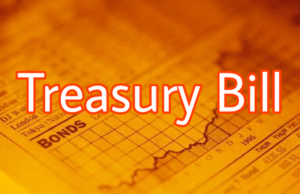BoG Boosts Forex Reserves with $264 Million Injection in March 2025 to Stabilize Cedi

In March 2025, the Bank of Ghana (BoG) made a significant intervention by injecting $264.4 million into the foreign exchange market. This strategic move was aimed at ensuring the stability of the Ghanaian cedi, which has faced several fluctuations in recent months.
The foreign exchange intervention helped maintain a relatively calm and stable market environment, with the cedi holding steady at approximately GH¢15.5 to the US dollar for the majority of the month. This stability was further supported by a consistent flow of foreign currency liquidity into the local market, which allowed the cedi to avoid major depreciation despite the external challenges.
The stability of the cedi has been a key priority for the Bank of Ghana, especially as the country continues to face economic pressures, including fluctuating global markets and domestic inflationary challenges. The BoG’s intervention in March helped reduce volatility, contributing to a more predictable exchange rate environment for businesses and consumers alike.
Outlook for the Ghanaian Cedi in April 2025
Looking ahead, the Ghanaian cedi is expected to continue its stability in the retail market throughout April 2025, despite a weaker start to the week. After a period of strengthening against the US dollar, the cedi experienced a slight depreciation, with the exchange rate rising to GH¢16.00 to the dollar. This small depreciation marked a continuation of the year-to-date trend, bringing the cedi’s depreciation to 2.36% for the year.
The slight depreciation at the beginning of April came after a period of relative strength, which was influenced by a weakening US dollar index in global markets. However, analysts suggest that this minor decline does not indicate a broader trend of instability and that the cedi is likely to regain its footing as the month progresses.
Factors Supporting Cedi Stability
One of the key factors contributing to the cedi’s stability in recent months has been the Bank of Ghana’s ongoing measures to manage the demand for foreign exchange and control liquidity. As part of its strategy, the BoG has raised interest rates to tighten domestic liquidity, thereby reducing pressure on the local currency. These measures have been critical in maintaining a balance between supply and demand in the forex market, helping to prevent a significant depreciation of the cedi.
Another crucial factor supporting the cedi’s stability is Ghana’s domestic gold-buying program, which continues to provide a steady source of foreign exchange. This initiative allows the country to accumulate more foreign reserves, which in turn supports the currency by increasing the supply of foreign currency in the market.
The combined efforts of the Bank of Ghana and the continued influx of foreign liquidity have helped the cedi avoid a major downturn, even in the face of external market challenges. This stability has provided some relief to businesses and individuals who rely on a predictable exchange rate for international transactions, while also helping to mitigate inflationary pressures caused by fluctuating import prices.








